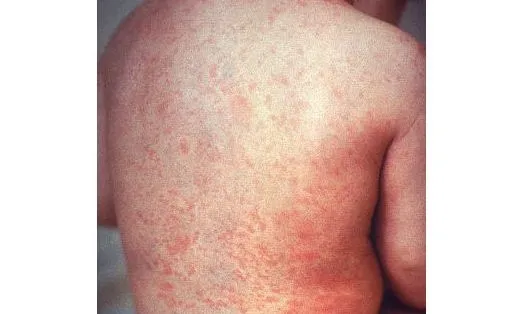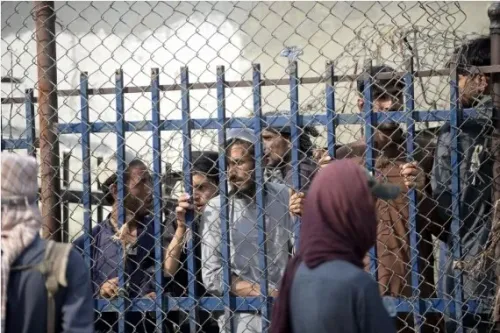Mongolia Reports Additional Imported Measles Case

Synopsis
Key Takeaways
- Fourth imported measles case confirmed in Mongolia.
- All cases involve citizens returning from Vietnam.
- Testing and vaccination are strongly recommended.
- Preventive measures include wearing masks and handwashing.
- Measles is highly contagious but preventable through vaccination.
Ulan Bator, Feb 24 (NationPress) Mongolia has reported yet another imported case of measles, increasing the total number to four, as stated by local media on Monday, referencing the country’s National Centre for Communicable Diseases (NCCD).
The NCCD revealed that all confirmed cases are of Mongolian nationals who have recently arrived from Vietnam. The centre has urged individuals who have traveled to Vietnam to undergo testing and receive vaccinations promptly.
Health officials are also recommending the public to adhere to essential preventive measures, such as wearing masks in crowded places, maintaining regular hand hygiene, and ensuring measles vaccinations at least 14 days prior to traveling to affected regions, according to Xinhua news agency.
Measles is an extremely contagious viral infection transmitted through respiratory droplets and direct contact. Although it can be prevented with vaccination, its symptoms include fever, dry cough, runny nose, sore throat, and eye inflammation.
There is no designated treatment for measles, but most individuals recover within two to three weeks.
Measles can affect anyone; however, it is particularly prevalent among children.
The virus initially infects the respiratory system and subsequently spreads throughout the body.
Receiving the vaccine is the most effective method to avoid contracting measles or transmitting it to others. The vaccine is safe and assists your body in combating the virus.
Prior to the implementation of the measles vaccine in 1963 and widespread vaccination efforts, significant epidemics occurred approximately every two to three years, resulting in an estimated 2.6 million fatalities annually.
In 2023, an estimated 107,500 individuals succumbed to measles, primarily children under five years old, despite the availability of a safe and affordable vaccine.
Intensified immunization efforts by nations, the WHO, the Measles & Rubella Partnership (previously the Measles & Rubella Initiative), and other global collaborators have successfully averted an estimated 60 million deaths from 2000 to 2023. Vaccination has reduced the estimated measles fatalities from 800,062 in 2000 to 107,500 in 2022.
Measles remains prevalent, especially in regions of Africa, the Middle East, and Asia. The vast majority of measles-related deaths occur in nations with low per capita income or inadequate health systems that struggle to immunize all children.










